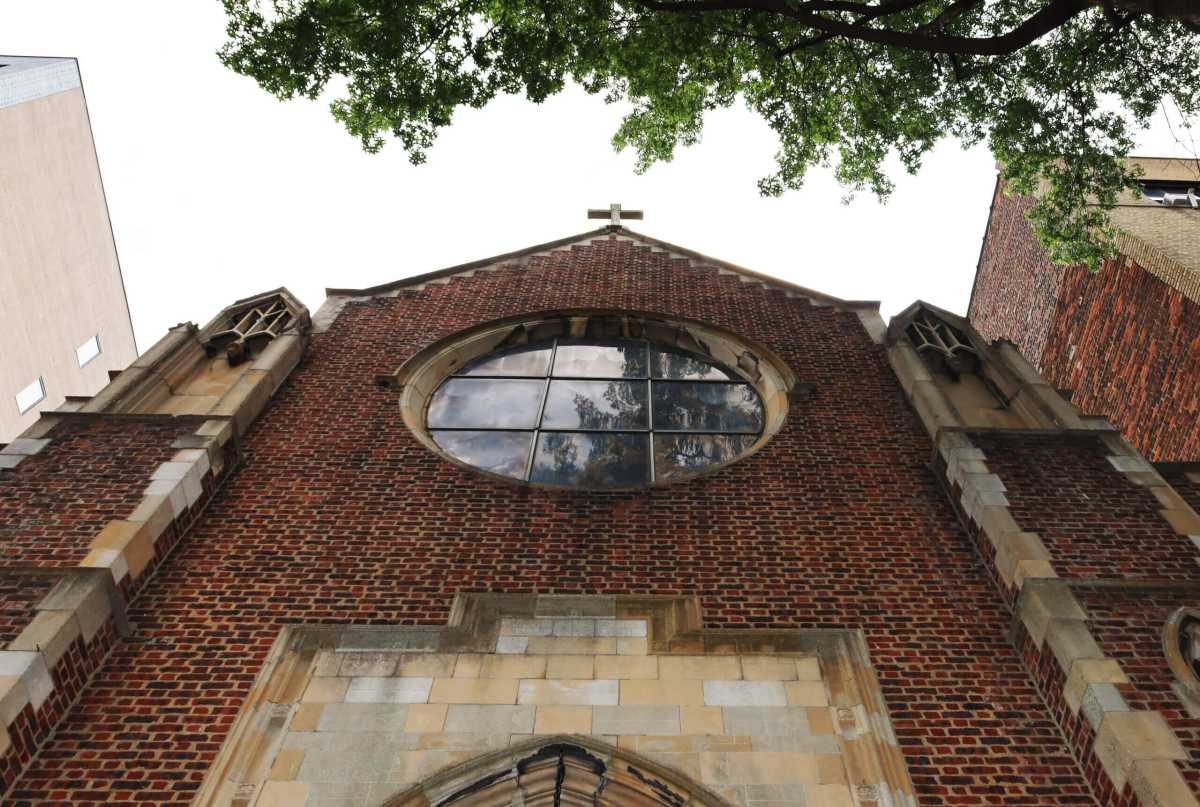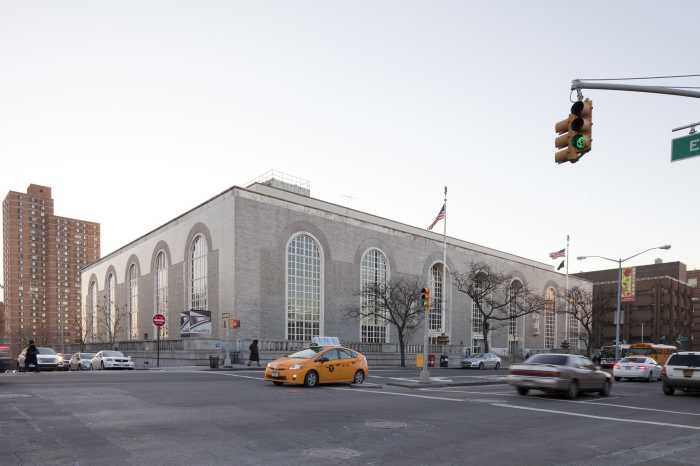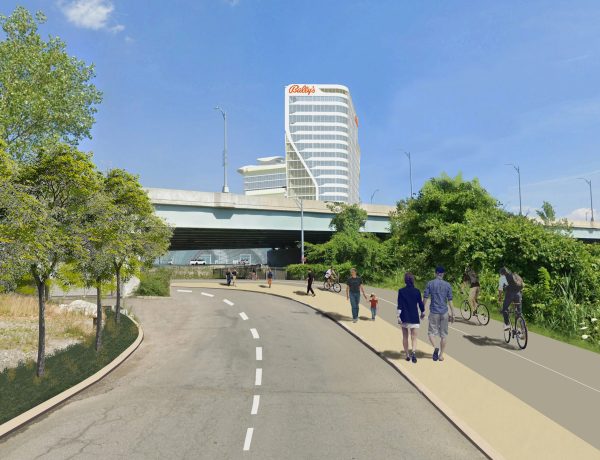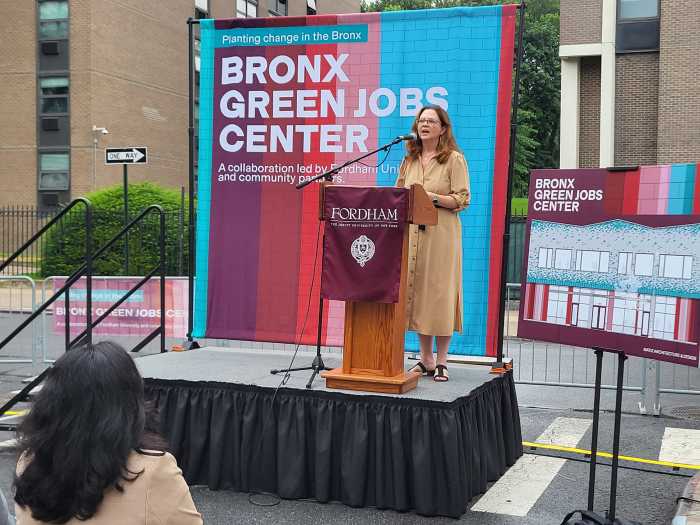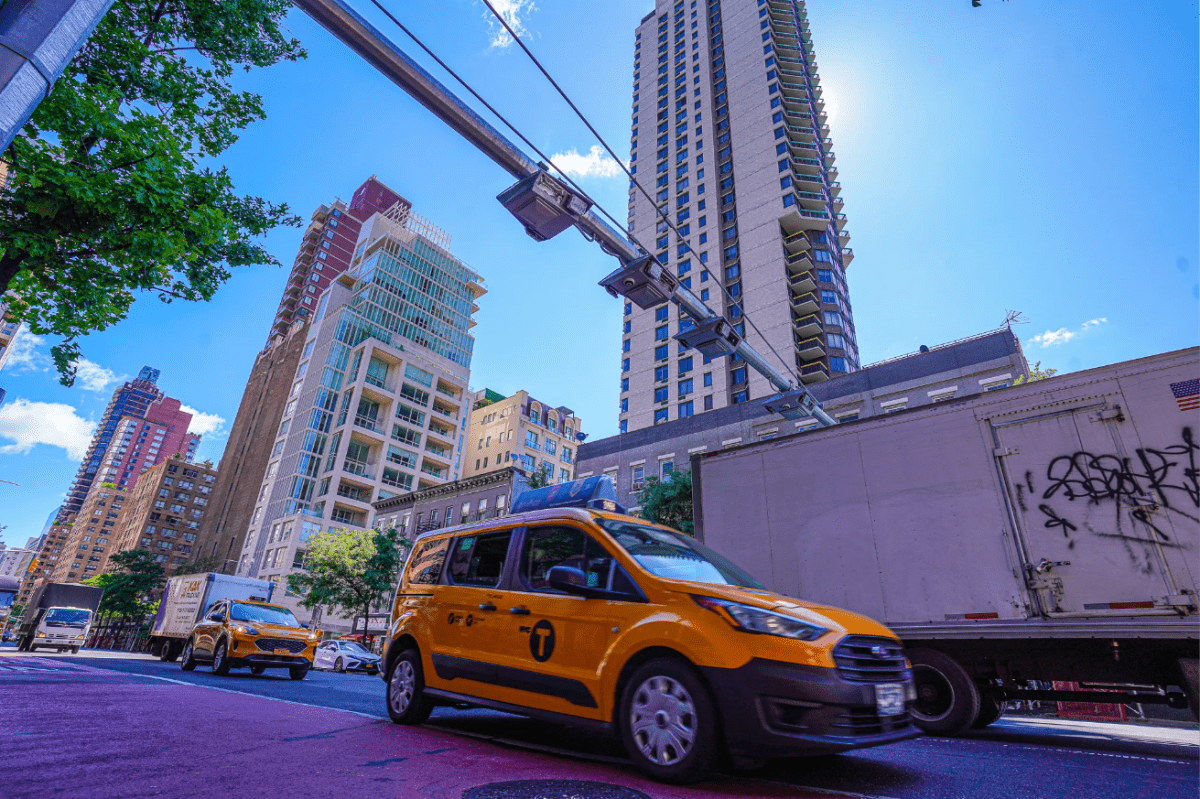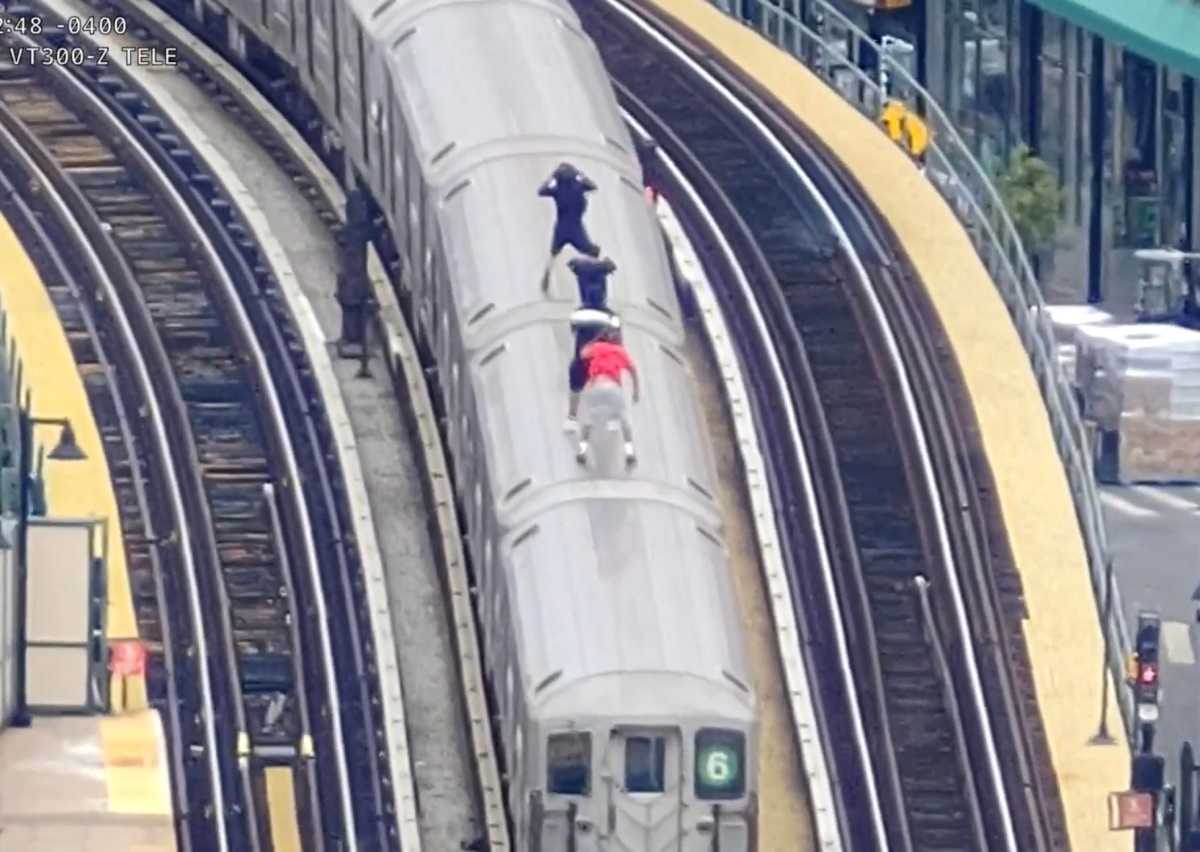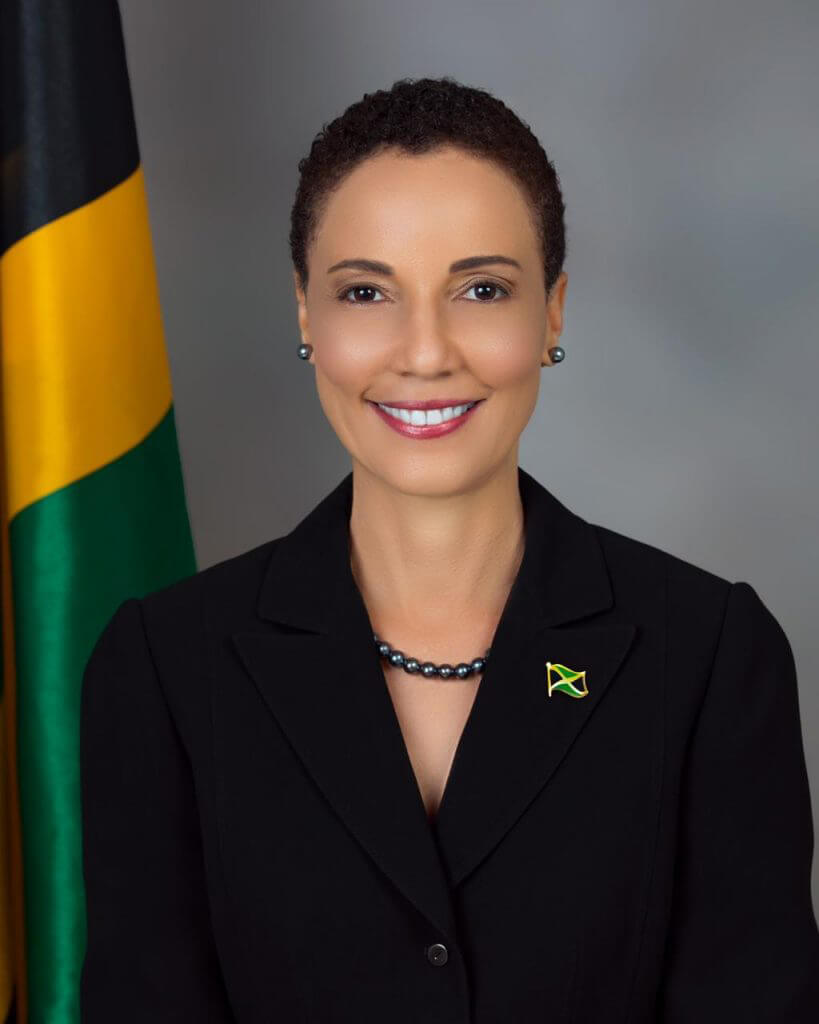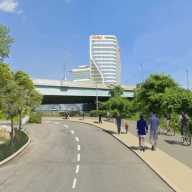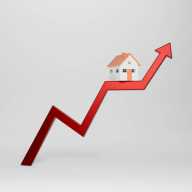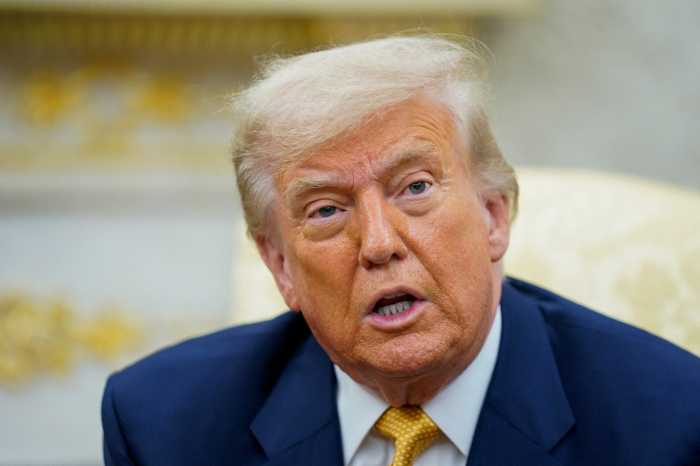Churches, synagogues, temples and mosques could soon be next-door neighbors to buildings with affordable housing — an idea that many faith leaders are embracing with open arms.
The Faith-Based Affordable Housing Act — which specifies the guidelines by which religious institutions could override local zoning rules and develop mixed-income and affordable housing on their land — is a statewide initiative. At the city level, the City of Yes for Housing Opportunity initiative, which is undergoing the public review process, has a complementary proposal to encourage housing development on residential or religious campuses that have underused space.
Amid the city’s 1.4% rental vacancy rate, the city is looking to expedite zoning changes that will add “a little more housing in every neighborhood.”
The text of the Faith-Based Affordable Housing Act states that religious institutions are often “land-rich but cash-poor” because of the high costs of maintaining historic properties. By eliminating bureaucratic hurdles to housing development, lawmakers say the bill would be a win-win for faith communities and the city as a whole.
The legislation is co-sponsored by several Bronx legislators, including Sen. Jamaal Bailey, Sen. Luis Sepulveda and Assembly Member Chantel Jackson. Numerous organizations, both single-faith and interfaith, are also in support.
Faith leaders say the bill makes sense on every level, from the practical to the spiritual.
“Faith and justice have always been integrated,” said Bishop Raymond Rivera with the Latino Pastoral Action Center, who spoke to the Bronx Times in support of the legislation.
Rivera, who lives in the Bronx and has been a pastor for 53 years, said that the changes could help religious organizations “maximize the resources that we have as property owners” — although training would be necessary to avoid collaborations with “unscrupulous” developers, he added.
According to Rivera, not only do faith organizations own a lot of land all over the city — former schools, convents and the like, amounting to “billions and billions” in real estate — but having affordable housing on their land is in keeping with the ethic of serving the needy that is common across all religious traditions.
And since religious organizations and the vital services they provide, such as food pantries and afterschool programming, are already embedded in every community, no one is justified in crying NIMBY, Rivera said.
Mayor Eric Adams, who frequently cites religious faith as a major influence on his decision-making, adopted the slogan “Yes in God’s Backyard” in a press conference last Friday with Dan Garodnick, director of the Department of City Planning.
The mayor said that outdated zoning laws have protected costly-to-maintain historic buildings but prevented religious organizations from entering the affordable housing arena, which he said some have wanted to do for years.
“We have all of these landmark buildings and churches being told as they’re falling down, [they] can’t get the money to rebuild them. [They’re] saying your building is landmarked, you can’t do anything with it,” said Adams.
More flexibility, he said, would bring more revenue to religious organizations while benefiting the greater good.
Combining people of all faiths in the same community could serve a social purpose as well, Rivera said. “We need spaces where people can communicate better.”
This story was updated at 6:07 p.m. to clarify that the Faith-Based Affordable Housing Act is a state bill, not a city initiative.
Reach Emily Swanson at eswanson@schnepsmedia.com or (646) 717-0015. For more coverage, follow us on Twitter, Facebook and Instagram @bronxtimes

